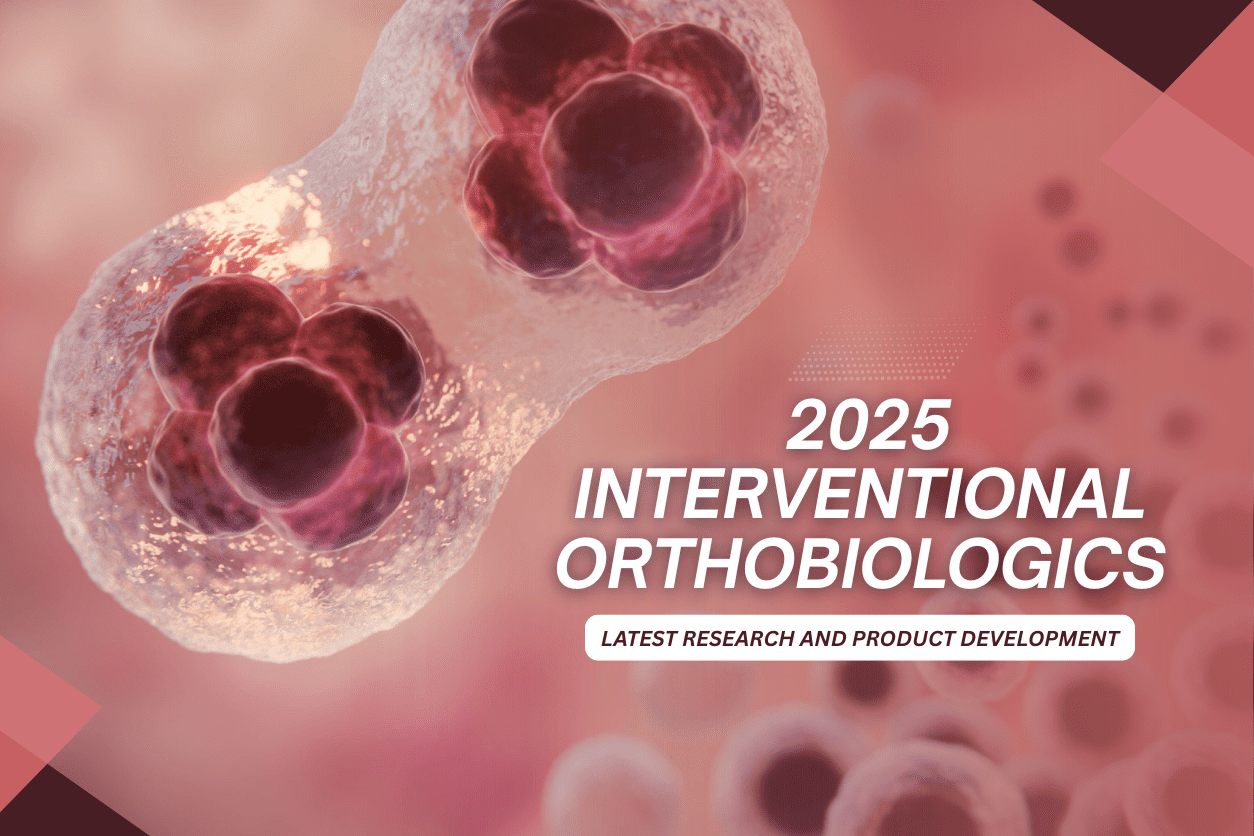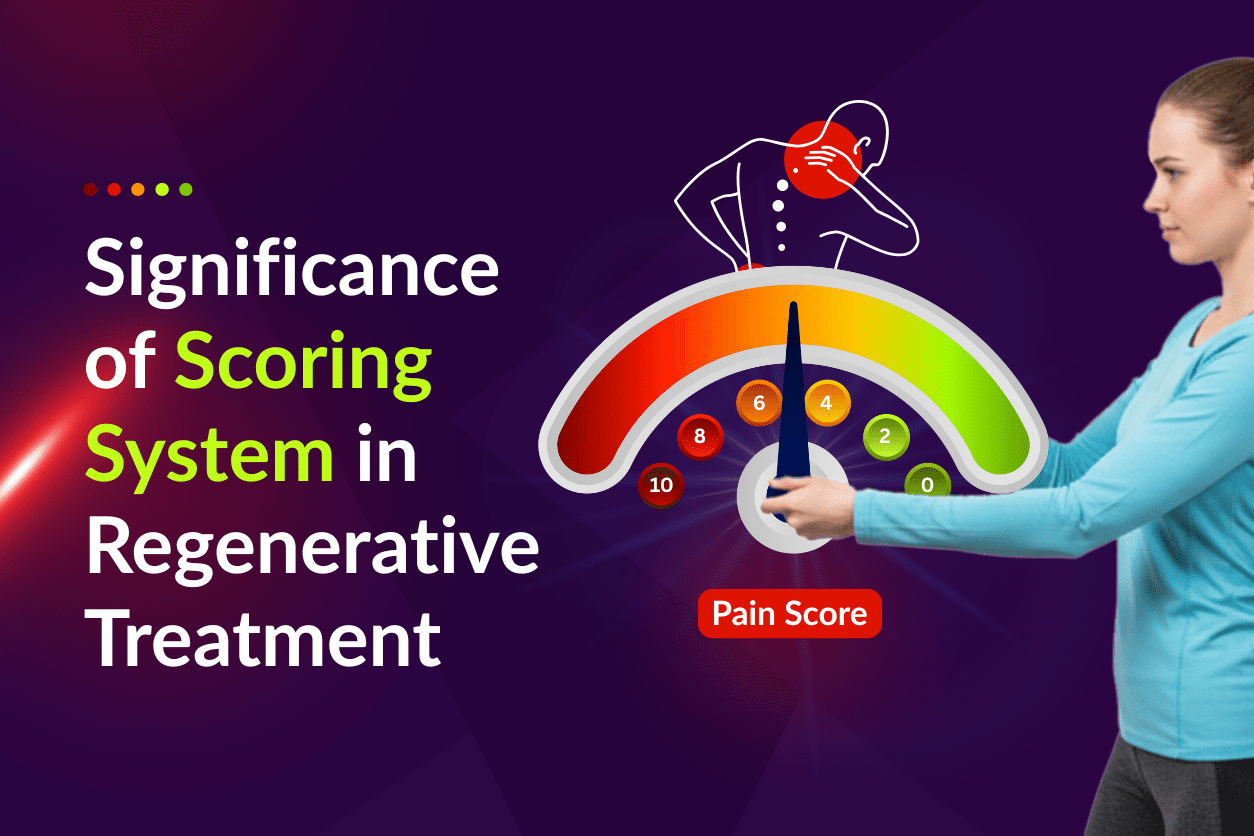
Stem cell therapy has become one of the most talked-about advances in modern regenerative medicine. From easing chronic joint pain...

Interventional orthobiologics research has been progressing rapidly, with numerous studies and product pipelines poised to potentially revolutionize treatment practices. An update for 2024 reveals several ongoing and upcoming trials, which could have significant implications for both physicians and patients in the field.
The relevance of these studies lies in their potential to transform clinical practices and treatment options in orthobiologics. For instance, if a company secures FDA approval for stromal vascular fraction (SVF), it could significantly impact the use of bone marrow concentrate (BMC) by providers. Similarly, FDA approval for culture-expanded umbilical cord regenerative stem cells treatment could reshape many treatment protocols. Additionally, a new knee osteoarthritis (OA) injectable drug that halts disease progression would be a game-changer for patients and clinicians alike.
The information was gathered from clinicaltrials.gov, focusing on studies involving mesenchymal stem cells (MSCs), SVF, bone marrow aspirate (BMA), BMC, microfragmented adipose tissue (MFat), and exosomes. Disease-specific filters such as knee OA were also used to identify relevant pharmaceutical drug trials. Approximately a thousand entries were reviewed, excluding smaller pilot studies and clinics merely tracking outcomes. The focus was on randomized controlled trials and comparative studies, indexed by their estimated completion dates.
While some companies might face delays or financial hurdles, the ongoing and upcoming research in interventional orthobiologics is vast and promising. By the late 2020s, several new treatments and devices could be approved by the FDA, offering enhanced options for clinicians and improved outcomes for patients. The advancements from entities like Italy’s Rizzoli Institute and big pharma’s extensive studies could significantly influence the future landscape of orthobiologic therapies.

Stem cell therapy has become one of the most talked-about advances in modern regenerative medicine. From easing chronic joint pain...

Stem cell therapy has become one of the most talked-about advances in modern regenerative medicine. From easing chronic joint pain...

Regenerative medicine repairs damaged tissues, generate new cartilage, reduce inflammation, and slow down joint degeneration.

As practitioners in the field of high-level Interventional Orthobiologics (IO), we often face the dilemma of whether to treat patients...

We use essential cookies to make our site work. We'd also like to set analytics cookies that help us make improvements by measuring how you use the site. Clicking Reject All only enables essential cookies. For more detailed information about the cookies we use, see our Cookies page. For further control over which cookies are set.
Thank you {{_full_name}}!
We will be in contact with you shortly.